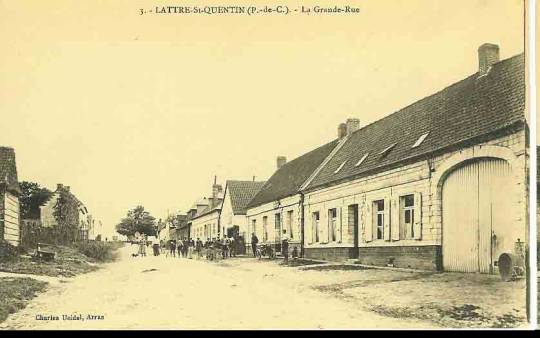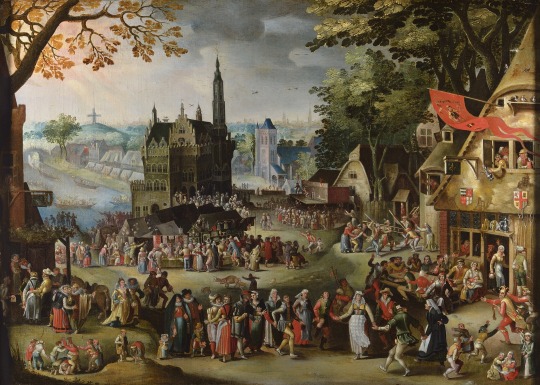“I have good and well been called to the honours of presiding over a savvy company, on the first beautiful day I forget my dignity and I run to gambol with the farmer’s women of your neighbourhood. But since rumour, which publishes the bad much sooner than the good, has educated you on the very day of this fatal secret, do at least close it up within yourself. […] Allow, that my fugacious reign goes by without me having to blush before the eyes of my comrades, that on that day when I have to appear publicly at the head of this company, I will be allowed to endorse my task with dignity, and that in the midst of the seriousness of the function people will see me fulfill, no one will be able to say: he has been dancing at the village fair of Late.”
Maximilien Robespierre to Ferdinand Dubois-Fosseux, on October, 28th (?) 1786. Cited after Hervé Leuwers.

I did not find a village named “Late” - with this very orthography. However, when searching “Dubois-Fosseux’s neighbourhood” - meaning the area around the very small village of Fosseux, near Arras, I found a town named Lattre-St. Quentin, short Lattre. The town’s homepage informs us that the site consisted of two large properties (”ferme”), of which one, the less imposing, had belonged in the 17th century to a family “Cornu”, which happens to be the maiden name of Robespierre’s grandmother on the maternal side. And indeed, the information continues:
“Maximilien Robespierre, lawyer in Arras, came playing in lattre during his childhood. He spent his holidays at his grand-mother’s at the hamlet of Bel-Avesnes” (Source)
Obviously, Robespierre continued to visit Lattre as an adult, too, for a weekend’s vacation or a rural dance.
In the letter, he uses the term “ducasse”, which I translated as “village fair”. However, “ducasse” is the northern French term for “dedication”, meaning the dedication of a church and annual festivals in honour to the patron saint. St. Quentin’s saint’s day is celebrated on 31st October, which fits the datation of the letter, given that a ducasse lasted several days.

It was, to bring things to a full circle, no other than Philippe Lebas, the son of Robespierre’s revolutionary friends, who dedicated an entry to the northern French “ducasse” in his universal encyclopedia. See the entry on Google books.
Keine Kommentare:
Kommentar veröffentlichen